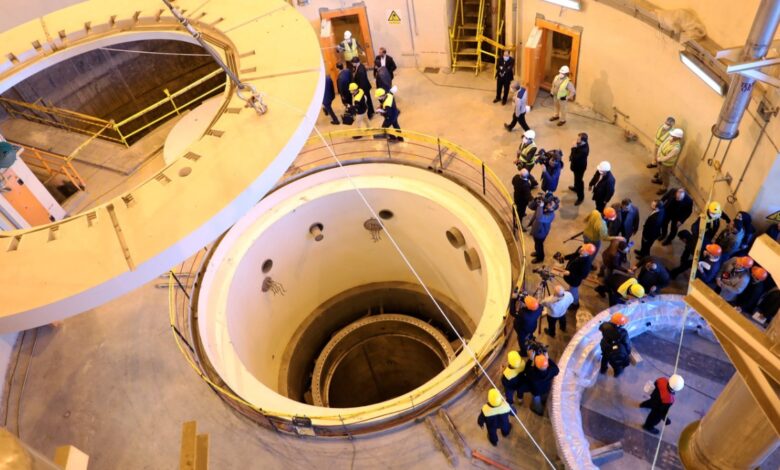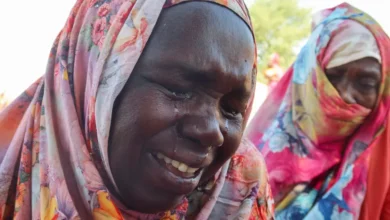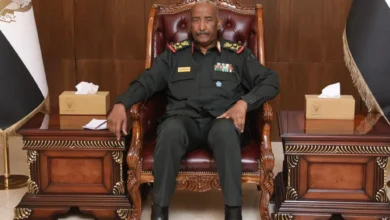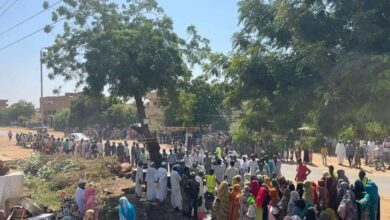Iran begins enriching uranium by 60% at one of its nuclear sites

The head of Iran’s Atomic Energy Organization, Mohammad Eslami, said on Monday that Iran had begun enriching uranium to 60% at the Fordow nuclear facility, a move that could anger Western powers who are urging Tehran to halt its nuclear work by reviving the 2015 deal.
Islami stressed that the recent decision of the IAEA Board of Governors regarding Iran will not change anything in the movement of the Iranian nuclear program.
Iran is already enriching uranium to 60% purity elsewhere, well below the roughly 90% needed for weapons use, but much higher than the 20% that Tehran reached before the 2015 agreement with major powers which stipulated that the enrichment rate should not exceed 3.67%.
Iranian media quoted the head of the Atomic Energy Organization, Mohammad Eslami, as saying, “We have already said that Iran will respond seriously to any decision and political pressure.that is why Iran started on Monday enriching uranium to 60% at the Fordow site.”
The International Atomic Energy Agency’s 35-nation board of governors on Thursday approved a resolution ordering Iran to cooperate urgently with the agency’s investigation into traces of uranium found at three undeclared sites, diplomats said during the closed-door vote. .
Iran has previously warned that such a step would have an impact on “constructive relations” with the agency.
The nuclear agreement concluded in 2015 between Iran and 6 major countries allowed Tehran to use only the first generation of “IR-1” centrifuges, but with the collapse of the agreement in 2018 after then-US President Donald Trump abandoned it, Tehran installed groups of centrifuges. The most efficient central equipment such as the IR-2M, the IR-4 and the IR-6. It was the second IAEA decision targeting Iran this year over the probe, which has become an obstacle to talks to revive the 2015 Iran nuclear deal, given Iran’s demand for an end to the probe.
Indirect talks between Tehran and US President Joe Biden’s administration to revive the 2015 deal have been deadlocked since September, with both sides calling for more flexibility.





